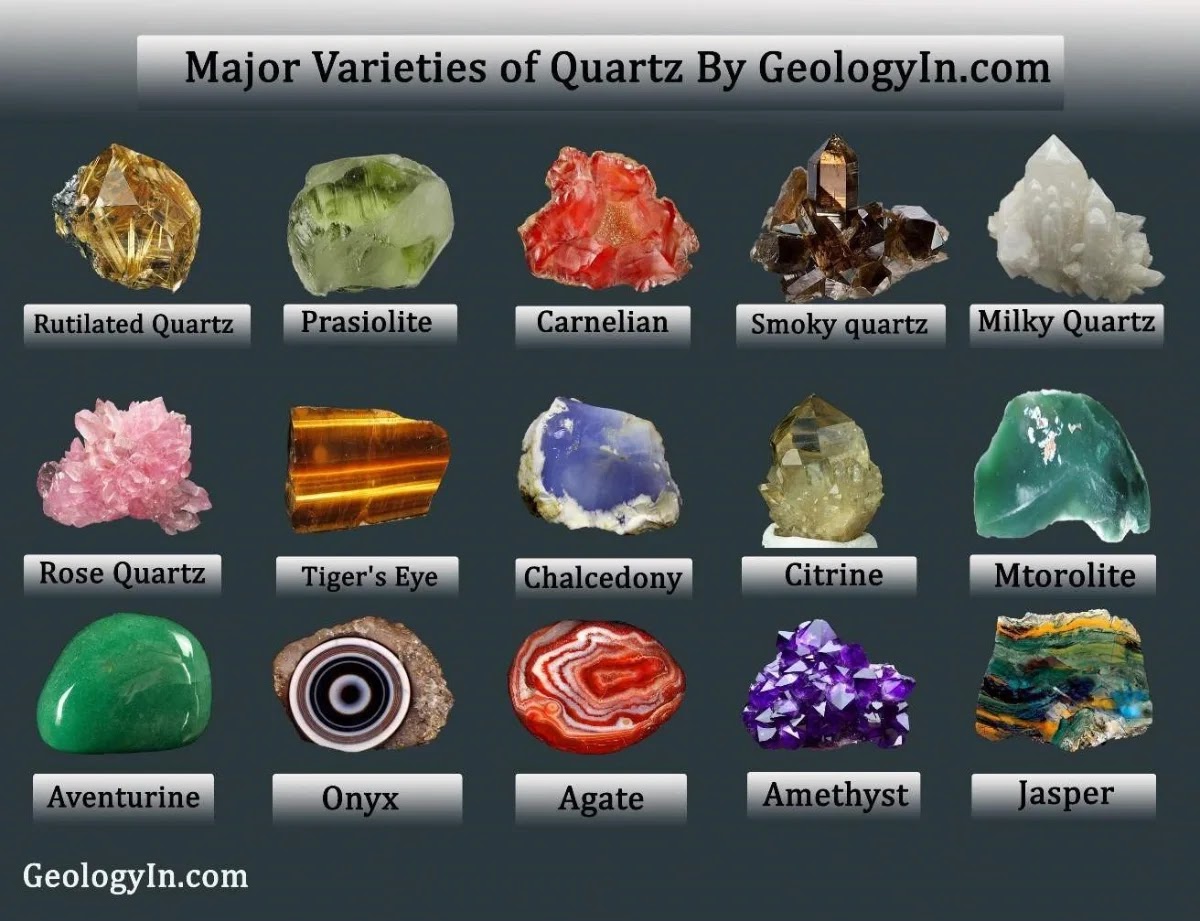What Is the Difference Between Rock, Mineral, Ore and Metal?
 |
| What Is the Difference Between Rock, Mineral, Ore and Metal? |
Rock
Rocks- A rock is made up of 2 or more minerals. You need minerals to make rocks, but you don't need rocks to make minerals. All rocks are made of minerals. They can be formed by various geological processes, such as weathering, erosion, and sedimentation. Rocks can be classified into three main types based on their formation: igneous, sedimentary, and metamorphic rocks.
For example, granite is a mixture of the minerals quartz, feldspar, and biotite.
Some rocks made of only one mineral like Limestone made of calcite
Mineral
Minerals Naturally occurring, inorganic solids: They form naturally through geological processes and are not man-made. A mineral is composed of the same substance throughout. There are more than 3000 different minerals in the world. Minerals are made of chemicals - either a single chemical element or a combination of chemical elements.
Definite chemical composition: Each mineral has a specific chemical formula, meaning they are made up of specific elements in specific proportions.
Crystalline structure: The atoms in minerals are arranged in a regular, repeating pattern called a crystal lattice.
Examples: Quartz, calcite, pyrite, etc.
Difference between rock and mineral- A rock is made up of 2 or more minerals, whereas a mineral is composed of the same substance throughout.
Ore
An ore is a naturally occurring rock or mineral deposit that contains a valuable substance (usually a metal or mineral) that can be economically extracted for profit. Ores are sources of valuable materials that are mined and processed to obtain the desired components.
Variable composition: Ores can vary in their composition, depending on the type of metal they contain and the other minerals present.
No specific structure: Like rocks, ores do not have a specific crystal structure.
For example, bauxite is an ore of aluminum, hematite is an ore of iron, galena (lead ore), etc.
Metal
A metal is a chemical element or alloy that typically has a shiny appearance, is a good conductor of heat and electricity, and is malleable and ductile. Pure elements: They are not mixtures of different elements, but rather single elements in their elemental form.
Metals are often extracted from ores through various metallurgical processes.
Examples of metals include iron, copper, gold, and aluminum.
In summary
Minerals are naturally occurring, inorganic substances with a specific composition and structure. Minerals are the building blocks of rocks and ores.
Rocks are made up of one or more minerals or mineraloids.
Ores are rocks or minerals that contain economically valuable materials.
Metals are pure elements extracted from ores. Metals are elements or alloys that have specific physical and chemical properties and are often derived from ores through extraction and refining processes.

%20(1).webp)






